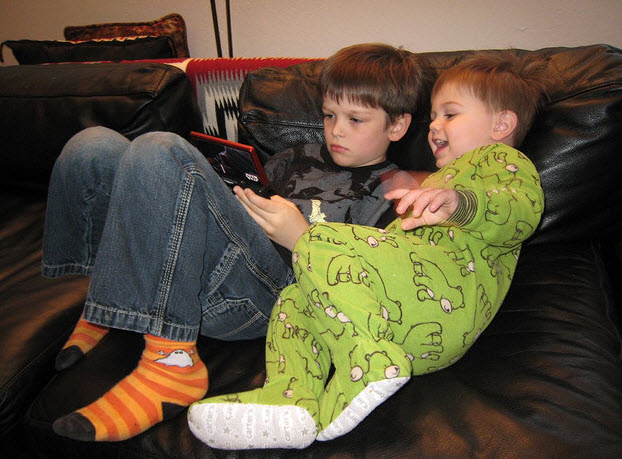A study of 11,000 kids in Britain has found that video games don’t have a negative impact on behavior.
The University of Glasgow study was based on surveys of mothers that tracked behavior over time. The researchers wanted to know if there was a connection between time spent playing video games and behavior or emotional troubles later in life.

Unlock premium content and VIP community perks with GB M A X!
Join now to enjoy our free and premium membership perks.
![]()

![]()